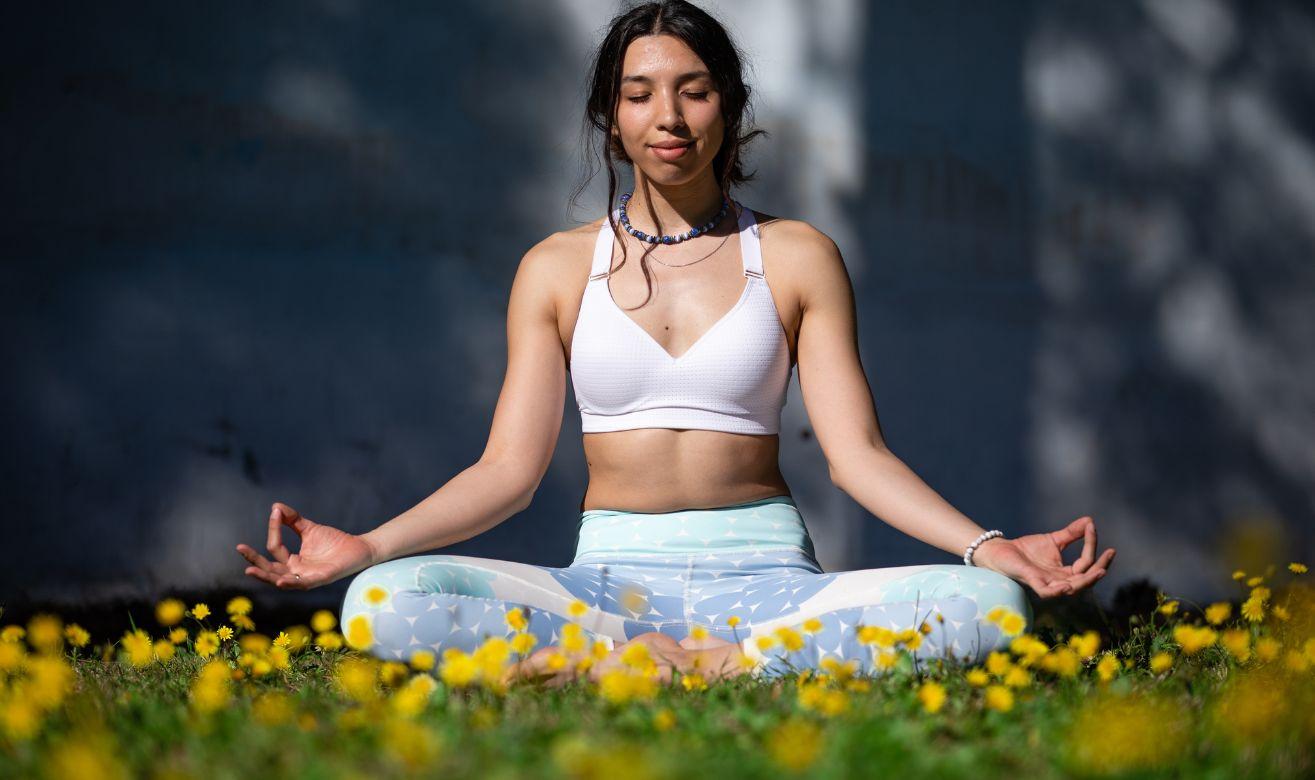Rishikesh, nestled in the Himalayan foothills of Uttarakhand, India, is globally renowned as the yoga capital of the world. With the sacred Ganges River flowing through its heart and the serene mountains providing a tranquil backdrop, Rishikesh offers an unparalleled setting for a 100-hour yoga teacher training (YTT). This Yoga Alliance-certified program is a perfect entry point for beginners and intermediate practitioners seeking to deepen their practice or take the first step toward becoming a certified yoga instructor. Conducted over 12 to 14 days, the best 100-hour YTT in Rishikesh combines ancient yogic traditions with modern teaching methodologies, fostering personal growth and spiritual connection in a serene environment.
Why Choose Rishikesh for a 100-Hour YTT?
Rishikesh’s spiritual legacy makes it a magnet for yoga enthusiasts worldwide. For centuries, it has been a haven for yogis, sages, and spiritual seekers, with ashrams and temples dotting its landscape. The Ganges, considered a divine entity, infuses the town with purifying energy, enhancing yoga practice. The Himalayan setting fosters introspection, making it ideal for immersive learning. Rishikesh’s vibrant yoga community, affordability compared to Western programs, and reputation for authentic instruction make it a top destination for a 100-hour YTT.
The 100-hour YTT is a foundational course, often serving as the first half of a 200-hour certification. It’s ideal for those with limited time or those exploring yoga teaching as a career. While it doesn’t qualify participants as fully certified instructors (a minimum of 200 hours is required by Yoga Alliance), it provides a robust foundation in yoga practice and philosophy, allowing students to deepen their understanding or accrue hours toward further certification.
Curriculum of the 100-Hour YTT
The best 100-hour YTT programs in Rishikesh offer a comprehensive curriculum that balances theory and practice. Covering asana, pranayama, meditation, philosophy, anatomy, and teaching methodology, these programs ensure a holistic introduction to yoga.
1. Asana Practice
Daily asana sessions focus on Hatha, Ashtanga, and Vinyasa yoga. Hatha emphasizes alignment, breath control, and mindfulness, making it beginner-friendly. Ashtanga introduces dynamic sequences to build strength and discipline, while Vinyasa offers creative, flowing movements. Students refine their practice and learn foundational poses, such as Surya Namaskar, Warrior series, and seated postures, with an emphasis on alignment and modifications for diverse needs.
2. Pranayama and Meditation
Breathwork (pranayama) is central, with techniques like Ujjayi, Kapalbhati, and Nadi Shodhana enhancing energy flow and mental clarity. Meditation sessions, including mantra chanting, guided visualizations, and mindfulness practices, deepen spiritual awareness. Conducted in serene settings by the Ganges or in ashram halls, these practices foster emotional resilience and inner peace, amplifying their transformative impact.
3. Yoga Philosophy
The program explores yoga’s philosophical roots through texts like the Yoga Sutras of Patanjali and Bhagavad Gita. Students study concepts such as the Eight Limbs of Yoga, dharma, and the mind-body-spirit connection. This philosophical grounding provides context for yoga’s transformative power, enabling students to integrate its principles into daily life.
4. Anatomy and Physiology
Understanding anatomy is crucial for safe practice. The YTT includes lessons on the musculoskeletal system, joint mechanics, and yoga’s physiological benefits. Students learn to prevent injuries and adapt poses for different body types, ensuring safe and inclusive practice. This knowledge is foundational for those planning to pursue further training.
5. Teaching Methodology
While the 100-hour YTT doesn’t fully certify teachers, it introduces teaching skills, such as sequencing classes, delivering clear verbal cues, and understanding alignment principles. Practice teaching sessions in small groups build confidence and provide feedback from experienced instructors, preparing students for future certifications or personal practice.
The Rishikesh Experience
The 100-hour YTT is typically residential, hosted in ashrams or yoga retreats with simple, comfortable accommodations and sattvic (pure, vegetarian) meals that support yogic practice. The daily schedule is intensive, starting at dawn with pranayama or meditation, followed by asana practice, lectures, and self-study. This structured routine fosters discipline and transformation.
Rishikesh’s cultural and spiritual vibrancy enriches the experience. Participants can attend the Ganga Aarti, a captivating evening ritual by the river, or visit sites like the Beatles Ashram. Excursions to waterfalls, temples, or Himalayan trails, such as Kunjapuri Sunrise Trek, offer moments of reflection and connection with nature. The global yoga community fosters lasting bonds among diverse participants, creating a supportive network.
Benefits of a 100-Hour YTT in Rishikesh
This YTT offers profound personal and professional benefits. Personally, it cultivates mindfulness, emotional resilience, and physical strength. The immersive environment reduces stress and deepens one’s connection to yoga. Professionally, it serves as a stepping stone toward a 200-hour certification, allowing students to accrue Yoga Alliance-approved hours. The global recognition of Rishikesh’s programs enhances credibility for future teaching aspirations.
Choosing the Best Program
Rishikesh hosts numerous yoga schools, so selecting the right 100-hour YTT requires research. Look for Yoga Alliance certification, experienced faculty with deep yogic knowledge, and a balanced curriculum aligned with your goals—personal growth, teaching preparation, or both. Reviews and reputation are key indicators of quality. Renowned schools like Drishti Yoga School, Happy Yoga International, and Himalayan Yog Ashram are celebrated for their authenticity, small class sizes (10-15 students), and comprehensive programs.
Why It’s Exceptional
The best 100-hour YTT in Rishikesh stands out due to its blend of tradition and modernity in a spiritually charged setting. The curriculum provides a deep introduction to yoga, while the Ganges and Himalayan ambiance enhances transformation. Expert instructors, often with decades of experience, offer authentic guidance rooted in yoga’s origins. The short duration makes it accessible for those with busy schedules, yet it delivers profound insights and practical skills.
Conclusion
The 100-hour yoga teacher training in Rishikesh is a transformative journey that transcends mere practice. Its comprehensive curriculum, coupled with the spiritual and natural beauty of Rishikesh, creates an unparalleled learning experience. Whether you aim to deepen your practice or lay the groundwork for a teaching career, this program offers a profound connection to yoga’s timeless wisdom. Embrace this opportunity in the yoga capital and carry its teachings into your life and future practice.

